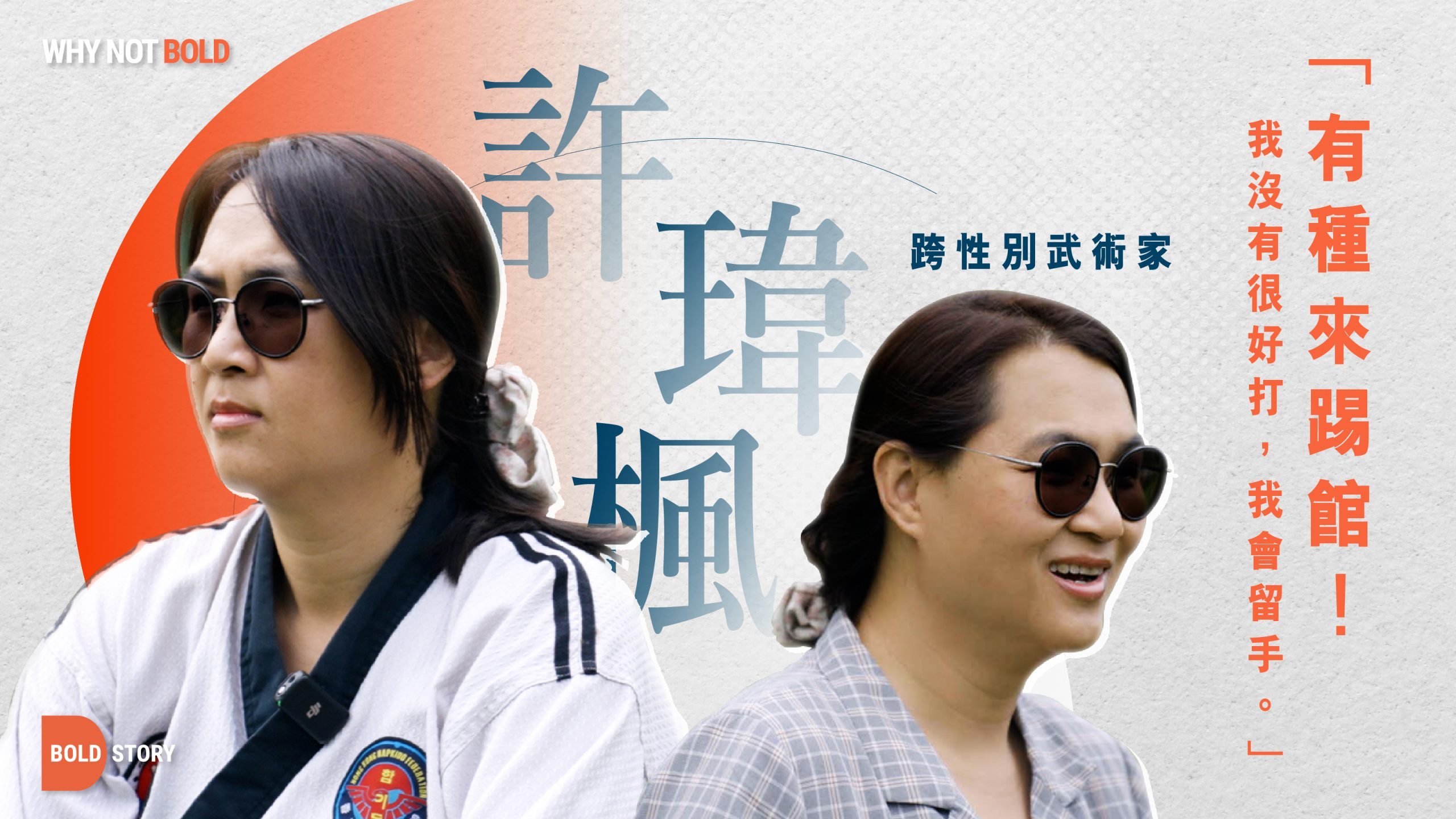Discussing sexual minority rights in Hong Kong isn’t a novel issue.
Since the decriminalization of homosexual acts in 1991, the implementation of the Sex Discrimination Ordinance in 1996, the formation of a consultative group to address discrimination against sexual minorities in 2013, and the push for same-sex marriage in recent years (despite some legislators still upholding traditional heterosexual marriage norms), it’s clear that Hong Kong’s approach to gender education isn’t cutting-edge. However, there has been gradual progress towards equality. Today, being transgender is still a minority status but it’s increasingly common.
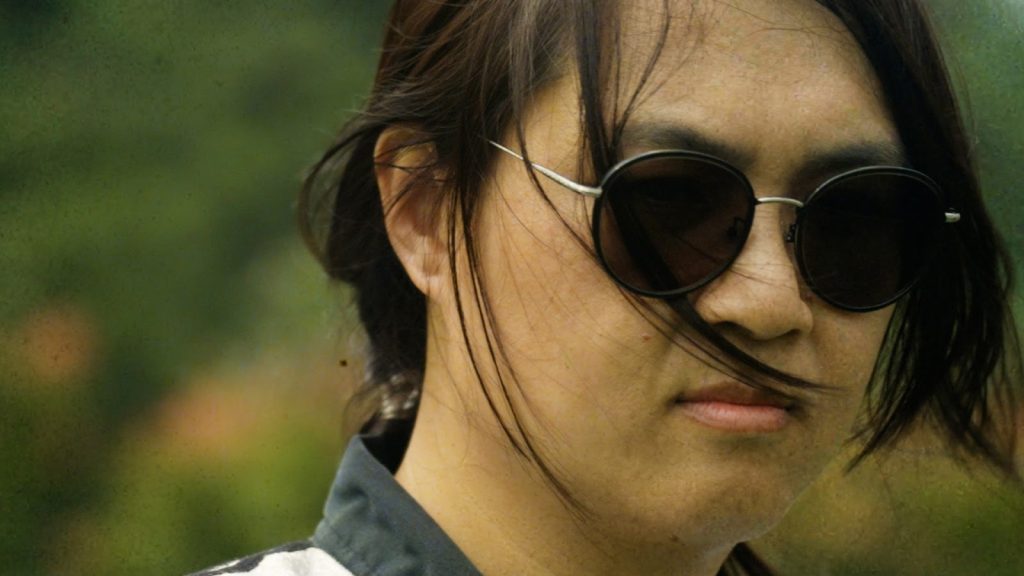
Rewinding to the 1980s, the scenario was different. “It was almost as stigmatized as drug abuse or sex work.” says 43-year-old Terry Hui, a transgender woman and martial artist specializing in Taekwondo and Hapkido. Terry, known for her long hair and skirts, maintains a bold personality and a masculine voice. To understand her, consider the “Gender Gingerbread Person” concept, where gender identity, expression, biological sex, and sexual orientation are distinct, fluid components, not confined to binary definitions. Terry, for instance, is a transgender woman attracted to other women, dresses in a feminine style, but doesn’t conform to typical feminine traits.
As a teenager, Terry was seen as a “messy and brash guy”, hiding a female soul. Her coming out was direct: meeting people individually dressed as a woman and simply revealing her identity. This was more complex with her girlfriend at the time, who was shocked yet somewhat unsurprised, having sensed Terry’s differences. The relationship ended peacefully with both maintaining a good relationship. Post-transition, Terry became asexual due to hormonal changes. She gradually opened up to friends, understanding that true friends would stay.
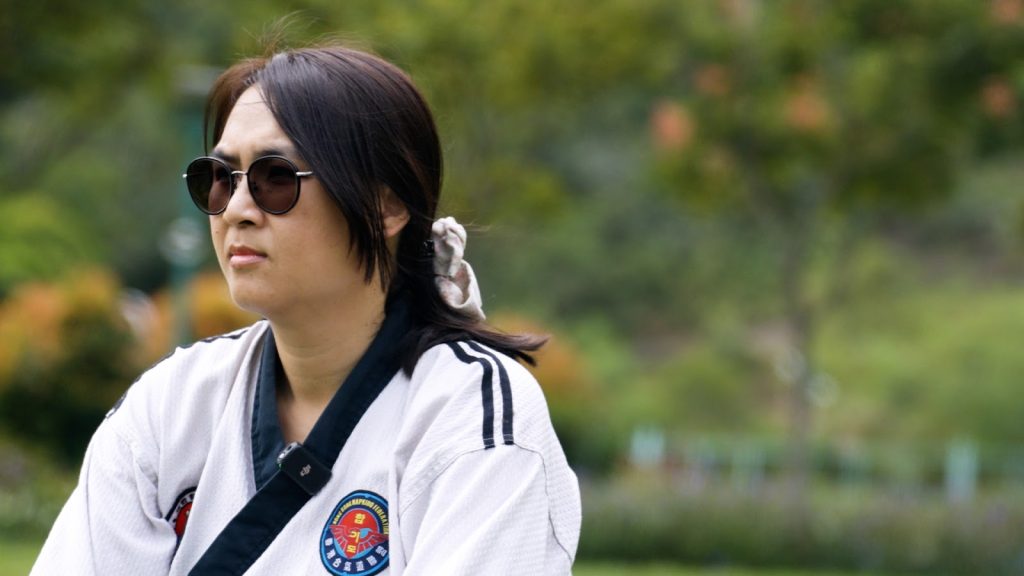
From kindergarten, Terry felt disconnected from her male identity. The general attitude then was dismissive of sexual minorities, often labelling them derogatorily. Terry believes that visibility and understanding are key to combating discrimination. She welcomes physical challenges in her dojo as a way to confront hostility, and for verbal attacks, she chooses to ignore them.
In a 2020 incident in a lingerie store where her gender identity was questioned. She fought for her rights, leading to a public apology from the store and the incident becoming a teaching moment in schools.
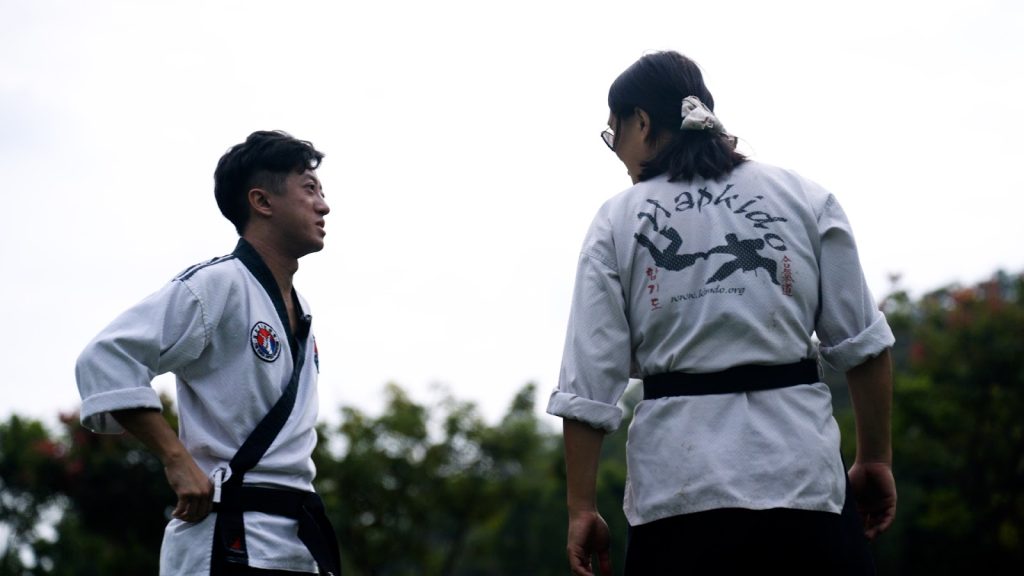
Terry’s martial arts senior, Michael, admires her integrity and determination in both martial arts and transgender advocacy. Her activism was sparked by a social event in 2014, leading her to be more publicly vocal about her identity. While some support her outspokenness, others think she’s too vocal. Terry laments the slow progress in societal acceptance. She’s faced distancing from martial arts peers, attacks from her former master, and former workplace harassment.
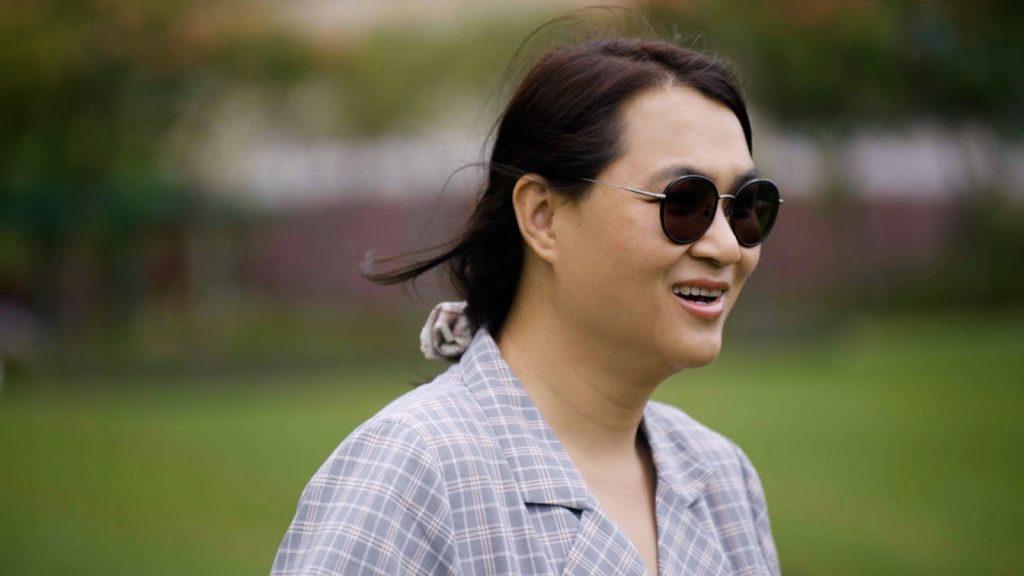
Terry describes the daunting prospect of gender reassignment surgery vividly, having paused her martial arts training for a year to undergo the procedure. Post-surgery, she faced physical challenges but worked hard to regain her previous form. Her return to the dojo was a testament to her commitment and resilience.
In 2016, gender reassignment surgery was part of the public health benefits, making it accessible for many. However, with limited availability and long waiting lists, the process remains challenging. Terry advocates for transgender rights, striving to improve access and understanding.
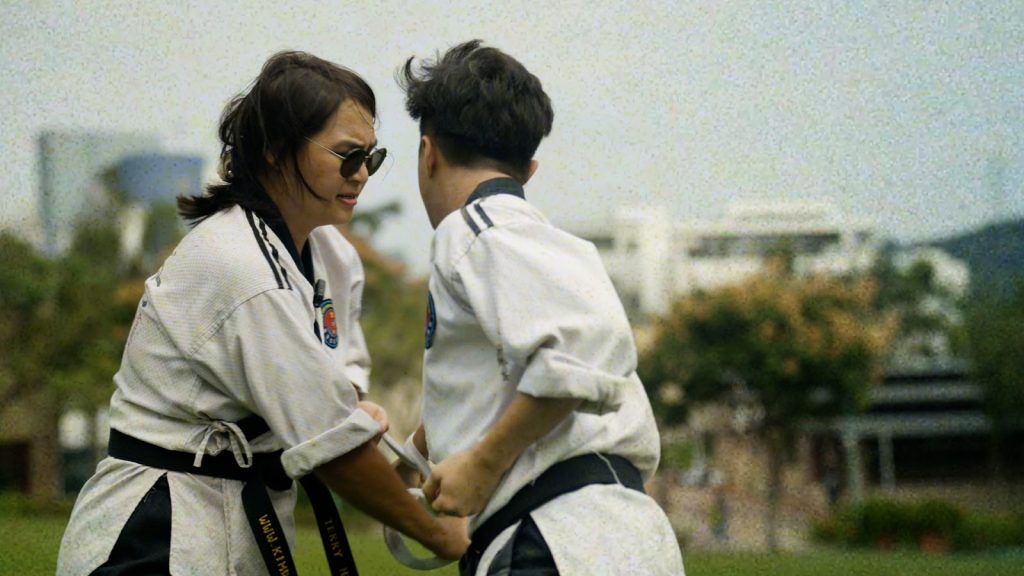
Terry’s dojo details are not provided here, but she emphasises that those interested can find them online. The struggle for sexual minority rights continues in 2023, with ongoing challenges and the need for persistent advocacy.

